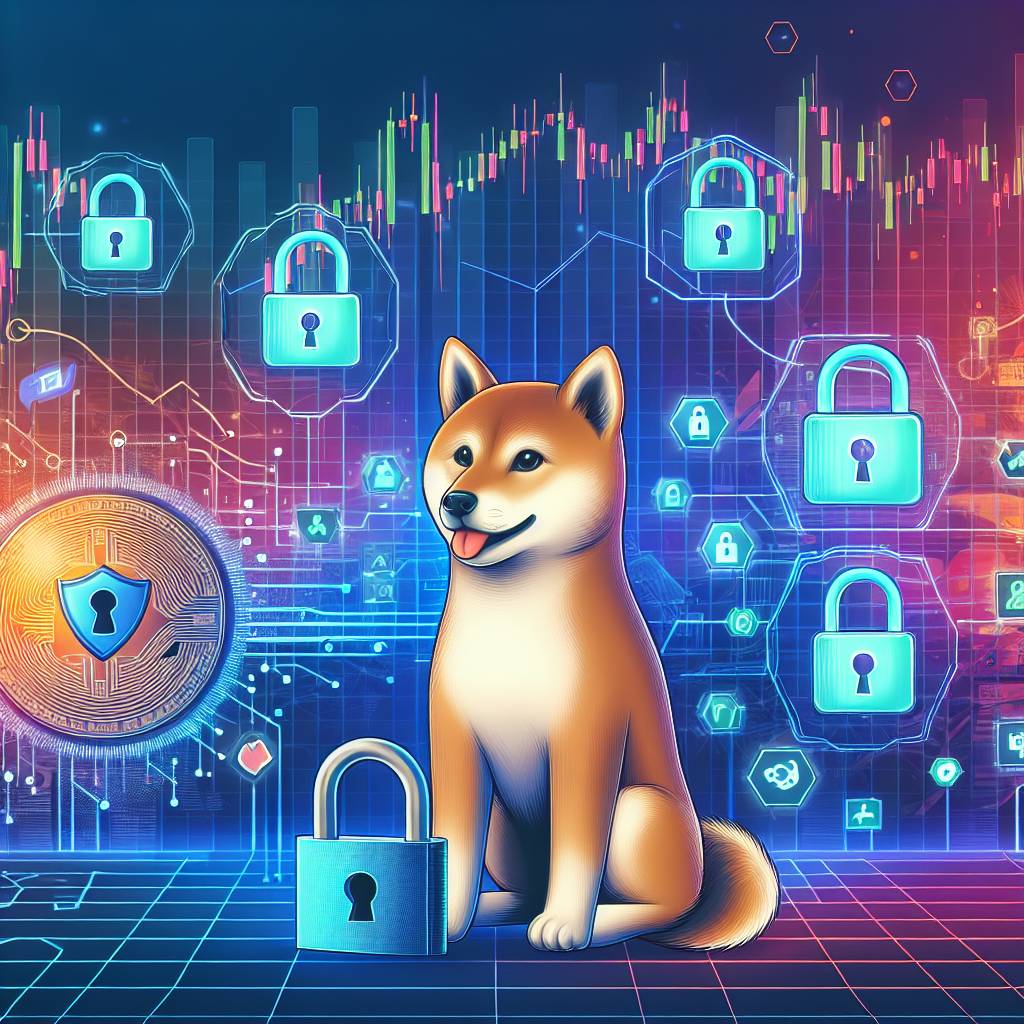How can I secure my crypto assets with a desktop wallet?
I want to ensure the security of my cryptocurrency assets by using a desktop wallet. How can I go about doing this? What are the best practices and tips for securing my crypto assets with a desktop wallet?

3 answers
- To secure your crypto assets with a desktop wallet, you should follow these best practices: 1. Choose a reputable desktop wallet: Look for wallets that have a good reputation and positive reviews from the crypto community. Avoid downloading wallets from unknown sources. 2. Enable two-factor authentication (2FA): Use 2FA to add an extra layer of security to your wallet. This can help protect your assets even if your wallet's password is compromised. 3. Keep your wallet software up to date: Regularly update your desktop wallet software to ensure you have the latest security patches and bug fixes. 4. Use a strong, unique password: Create a strong password for your wallet that is not easily guessable. Avoid using common words or personal information. 5. Backup your wallet: Regularly backup your wallet's private keys or seed phrase and store them in a secure location. This will help you recover your assets in case of loss or theft. Remember, securing your crypto assets is crucial to protect them from potential threats and hacks. By following these best practices, you can minimize the risk and ensure the safety of your investments.
 Dec 18, 2021 · 3 years ago
Dec 18, 2021 · 3 years ago - Securing your crypto assets with a desktop wallet is essential to protect them from potential threats. Here are some tips: 1. Choose a wallet with strong security features: Look for wallets that offer features like encryption, multi-signature support, and offline storage. 2. Be cautious of phishing attempts: Be vigilant of phishing attempts where scammers try to trick you into revealing your wallet's private keys or seed phrase. Always double-check the website's URL and never share your sensitive information. 3. Use a hardware wallet for added security: Consider using a hardware wallet, such as Ledger or Trezor, for storing your crypto assets. Hardware wallets provide an extra layer of security by keeping your private keys offline. 4. Keep your operating system and antivirus software updated: Regularly update your operating system and antivirus software to protect against malware and other security vulnerabilities. 5. Be mindful of public Wi-Fi networks: Avoid accessing your desktop wallet or entering your private keys on public Wi-Fi networks, as they can be easily compromised. By following these tips, you can enhance the security of your crypto assets and have peace of mind knowing that your investments are protected.
 Dec 18, 2021 · 3 years ago
Dec 18, 2021 · 3 years ago - Securing your crypto assets with a desktop wallet is crucial in today's digital landscape. Here are some steps you can take to ensure their safety: 1. Research and choose a reliable desktop wallet: Look for wallets that have a strong track record and positive user reviews. Consider factors like security features, ease of use, and community support. 2. Set up a strong password: Create a unique and complex password for your wallet. Avoid using common phrases or personal information that can be easily guessed. 3. Enable encryption and backup your wallet: Many desktop wallets offer encryption options. Enable this feature to protect your wallet's private keys. Additionally, regularly back up your wallet's data and store it in a secure location. 4. Keep your software up to date: Developers often release updates to address security vulnerabilities. Make sure to install the latest version of your desktop wallet software. 5. Be cautious of phishing attempts: Scammers may try to trick you into revealing your wallet's private keys through phishing emails or websites. Always verify the authenticity of any communication before sharing sensitive information. Remember, securing your crypto assets is an ongoing process. Stay informed about the latest security practices and adapt accordingly to protect your investments.
 Dec 18, 2021 · 3 years ago
Dec 18, 2021 · 3 years ago
Related Tags
Hot Questions
- 89
What are the best practices for reporting cryptocurrency on my taxes?
- 84
What is the future of blockchain technology?
- 82
How does cryptocurrency affect my tax return?
- 81
How can I protect my digital assets from hackers?
- 72
What are the advantages of using cryptocurrency for online transactions?
- 55
What are the tax implications of using cryptocurrency?
- 52
How can I buy Bitcoin with a credit card?
- 23
How can I minimize my tax liability when dealing with cryptocurrencies?
